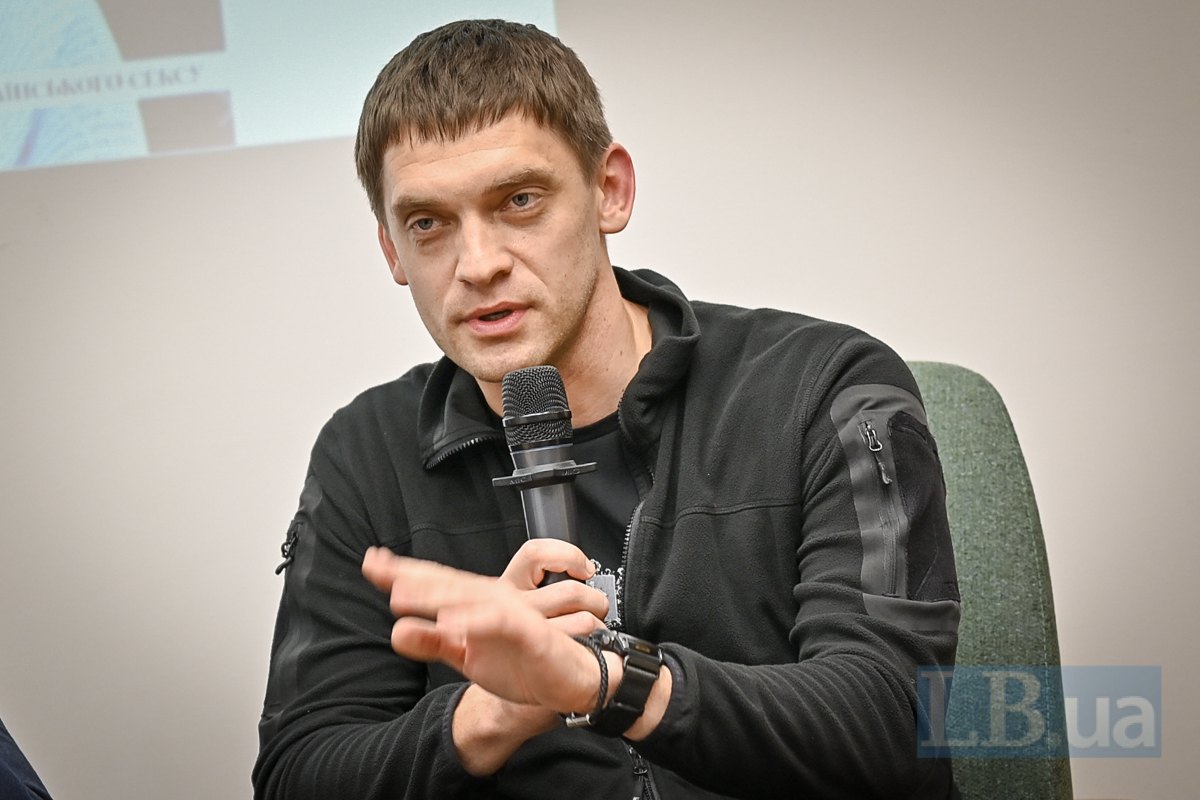
In 2022, Ivan Fedorov recalled, Zaporizhzhya — like Kharkiv — became a key logistics hub during the evacuation of parts of Donetsk, Luhansk, Zaporizhzhya, and Kherson regions. Today, around 200,000 internally displaced people live in the Zaporizhzhya Region.
“There are those who left with some money, who managed to take their belongings and get back on their feet. Do they need assistance? That’s debatable,” notes the head of the regional administration. There’s also a category of people “who don’t want to do anything and believe the state owes them everything — and that’s not entirely fair either,” he adds.
Overall, however, Fedorov believes that for every person who made a conscious choice in favour of Ukraine, the state should guarantee a ‘basic package’ of support.
“What is this basic package? If someone had housing in an occupied area, we must provide them with housing in the territory under our control — that’s a basic need. Should displaced people be given priority in employment? Yes, they should.
Is anything being done now to provide housing? Yes, there are a large number of different projects underway. Are they sufficient? Not yet, because the country is at war. MPs are about to approve the state budget, and we all understand where most of that money will go. That’s why internally displaced people are the mainstream we must continue to support — they are truly a growth point for our country,” Fedorov emphasised.
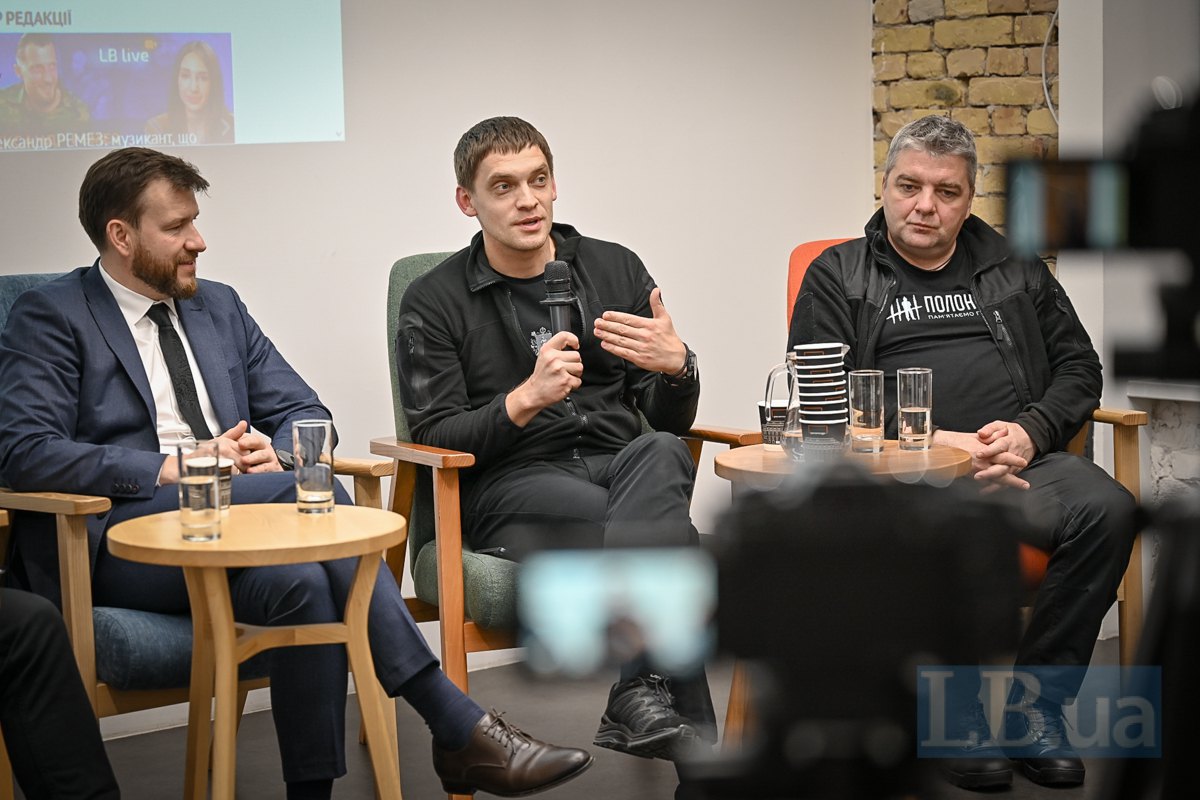
When it comes to housing for internally displaced people and the reconstruction of destroyed homes, the head of the Zaporizhzhya Regional Administration advocates for issuing housing certificates so that people can decide for themselves what and where to buy.
“Business can handle any kind of construction better than the state. It will build faster and cheaper. That’s exactly the principle we apply to every home destroyed by enemy shelling. In one of our cities, there was a building where two entrances were completely destroyed, while two could still be rebuilt. For the destroyed ones, we decided that people would receive certificates, and the other two are being restored. Those who get certificates actually benefit — depending on the amount allocated to each certificate, they can move into new apartments within about six months. This is about protecting their interests,” Fedorov explained.
The same approach applies to displaced people, he added. Fedorov strongly opposes the construction of modular settlements — what he calls a “ghetto for IDPs” — and describes such resettlement as a nightmare.
“It’s simply unfair and wrong. We should give people the money, in one form or another, to buy housing themselves. The market will definitely deliver that housing. To me, that’s the right policy, even if it’s open to debate,” he said.
As for retraining and employment, Fedorov believes there should be a “mild incentive” for IDPs to join the workforce.
“I was surprised by the figure mentioned by the minister — that each displaced person receives 10,000 hryvnias. I don’t question it, but it’s quite a significant amount. Not all public servants earn that much. Still, we need to encourage displaced people to find jobs.
Of course, everyone has suffered terrible trauma. Everyone wants to feel sorry for themselves and say the state should take care of them. But that won’t work. The country is at war, and everyone must stand in line with the state,” Fedorov said.
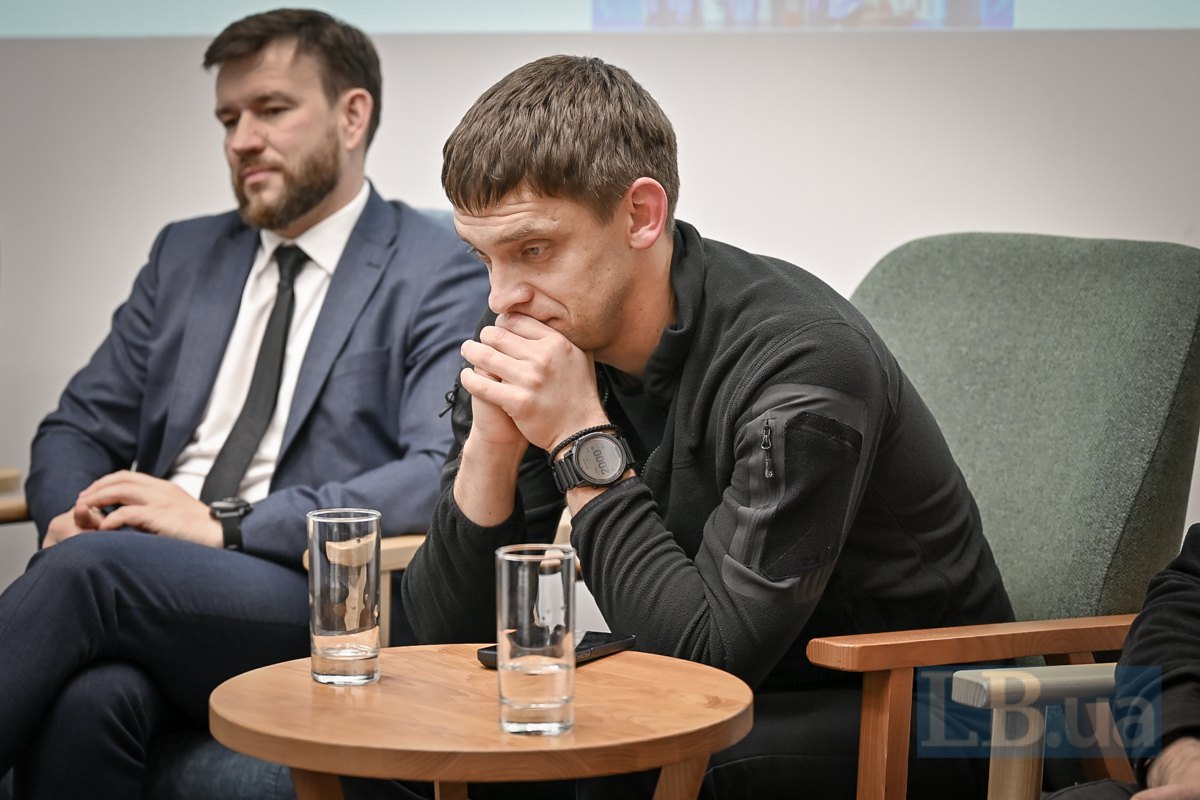
According to him, of around 200,000 internally displaced persons in the region, 50,000 are pensioners and another 30,000 are school-age children — groups that require state support. The rest, he said, are fully employable citizens.
However, Fedorov noted, retraining and motivating a person to enter the labour market is an extremely delicate task — almost “jeweller’s work.” “You have to understand every group: on one hand, the needs of the state; on the other, the state’s resources and how exactly those needs can be met with what we have.”
“For example, take a teacher who left Enerhodar, Mariupol or Melitopol. Not every teaching category can find work in Zaporizhzhya today. Is she ready to retrain? And for what? It’s a serious stress... If we want an effective society that progresses and creates something new, moving this teacher from Zaporizhzhya elsewhere isn’t really efficient either,” Fedorov said.
He added another example: “All healthcare facilities face a shortage of junior and mid-level staff. The situation with doctors varies, but, for instance, getting a job as a doctor in a municipal hospital in Kyiv is impossible. The same goes for Lviv and Ivano-Frankivsk. The Health Ministry has created a database showing where they can be employed. But a doctor who left Berdyansk, Enerhodar or Mariupol won’t go to a village in Kirovohrad Region. It just doesn’t work that way.
What am I getting at? Today, in the temporarily occupied communities of Zaporizhzhya Region, 1,100 employees remain in place. In the free part of the region, there are about 1,300 vacancies. The figures match economically: they left there, they could come here — but in practice, it doesn’t work like that,” Fedorov concluded.
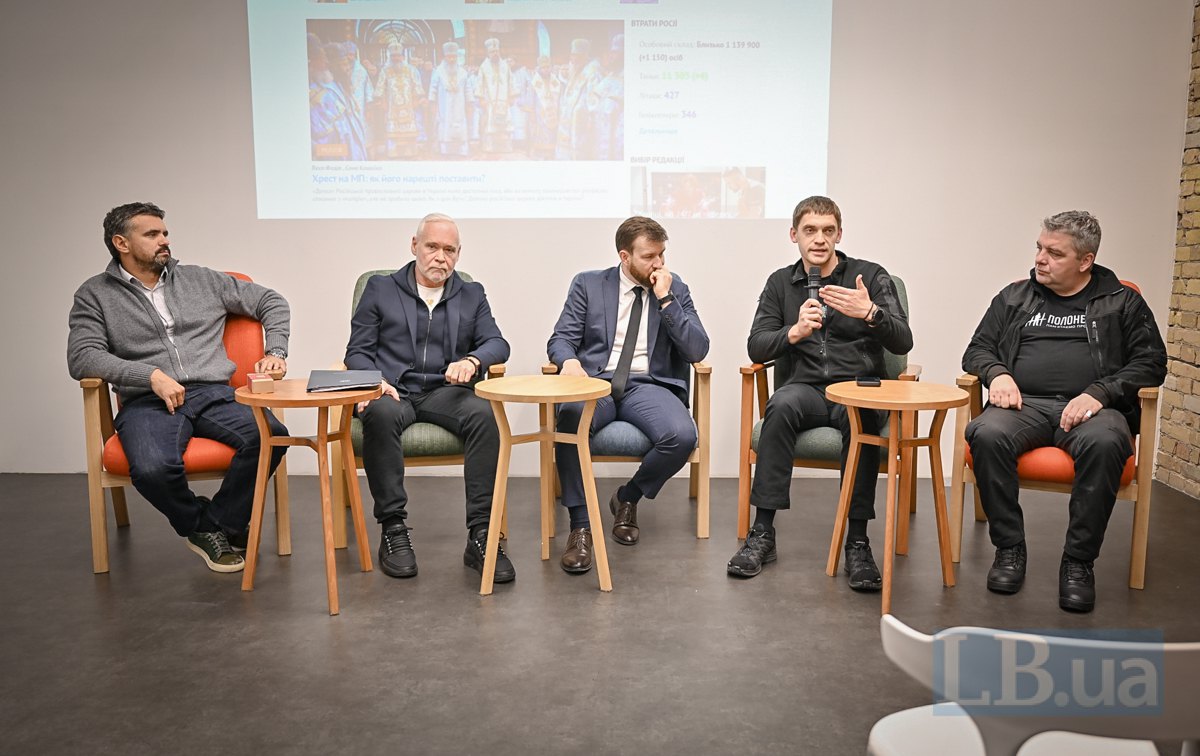
In the state’s policy towards internally displaced persons, the head of Zaporizhzhya Regional Administration believes clear rules are essential — only then can it be about society, about the state’s responsibility to its people and the people’s responsibility to the state. At present, he said, successful cases are more the exception than the rule — the result of individual regional initiatives rather than a nationwide approach.
Social responsibility, he added, also means introducing market-based tariffs — when “everything costs what it really costs.”
“If we want to drink quality water, it must have a price. If we want heating in our homes, it must cost market money. And people who can’t afford to pay should receive state compensation. Those who can afford it should pay without subsidies. We can’t all pay 10 hryvnias per cubic metre of water — both someone earning $1,000 a month and someone earning $100. Today, Zaporizhzhya’s local budgets subsidise utilities by a billion hryvnias — that’s unsustainable,” Fedorov said.
Summing up, he stressed that the goal of every frontline region is to retain its people and businesses — sectors that currently have virtually no social protection.
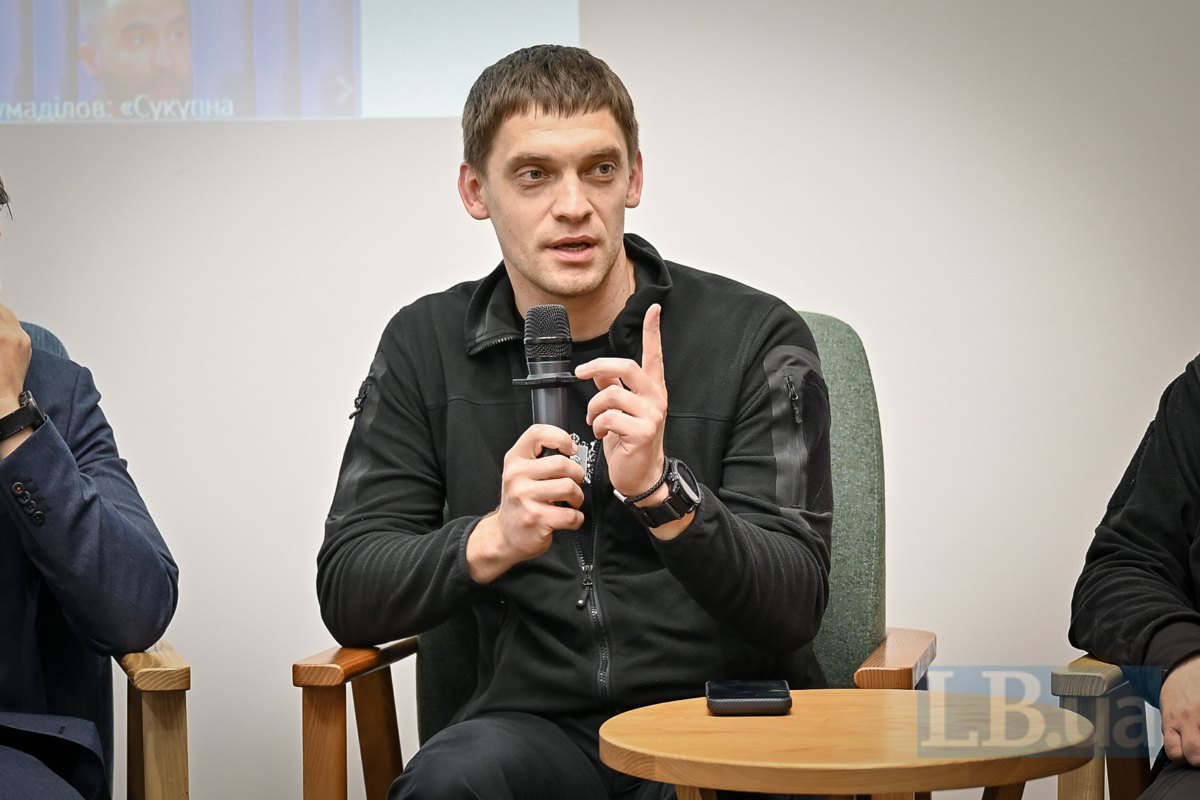
“We can compensate residents for their losses — perhaps not immediately and not in full — but we cannot insure businesses or provide them with compensation,” said the regional governor. “Still, we are trying to keep them afloat so that jobs can be created.”
Fedorov is convinced that most internally displaced persons will return to the regions they feel closest to once the war ends.
“In my view, on the day hostilities cease — and within six months to a year after — around 3.5 to 5 million displaced people currently in the country will redistribute themselves, with about 80% settling across four or five regions: Zaporizhzhya, Dnipro, Kharkiv, Kyiv, and possibly parts of Odesa and Mykolayiv regions. Why? Mentality. A huge number of Ukrainians who have moved to western Ukraine will definitely go back to places that feel more familiar to them,” Fedorov concluded.








